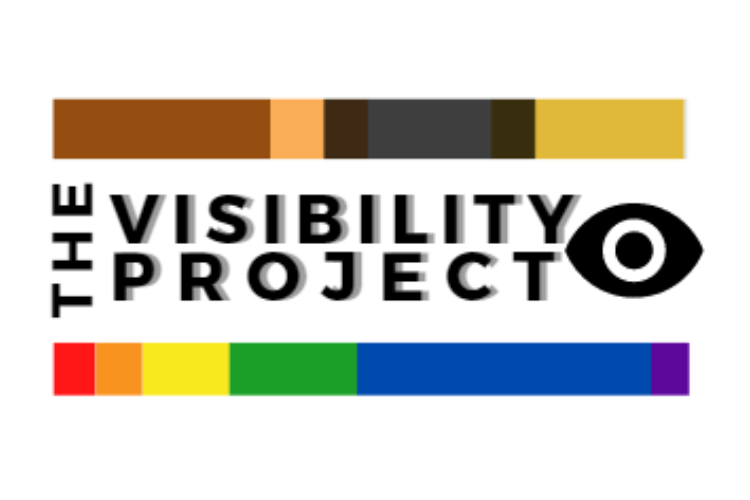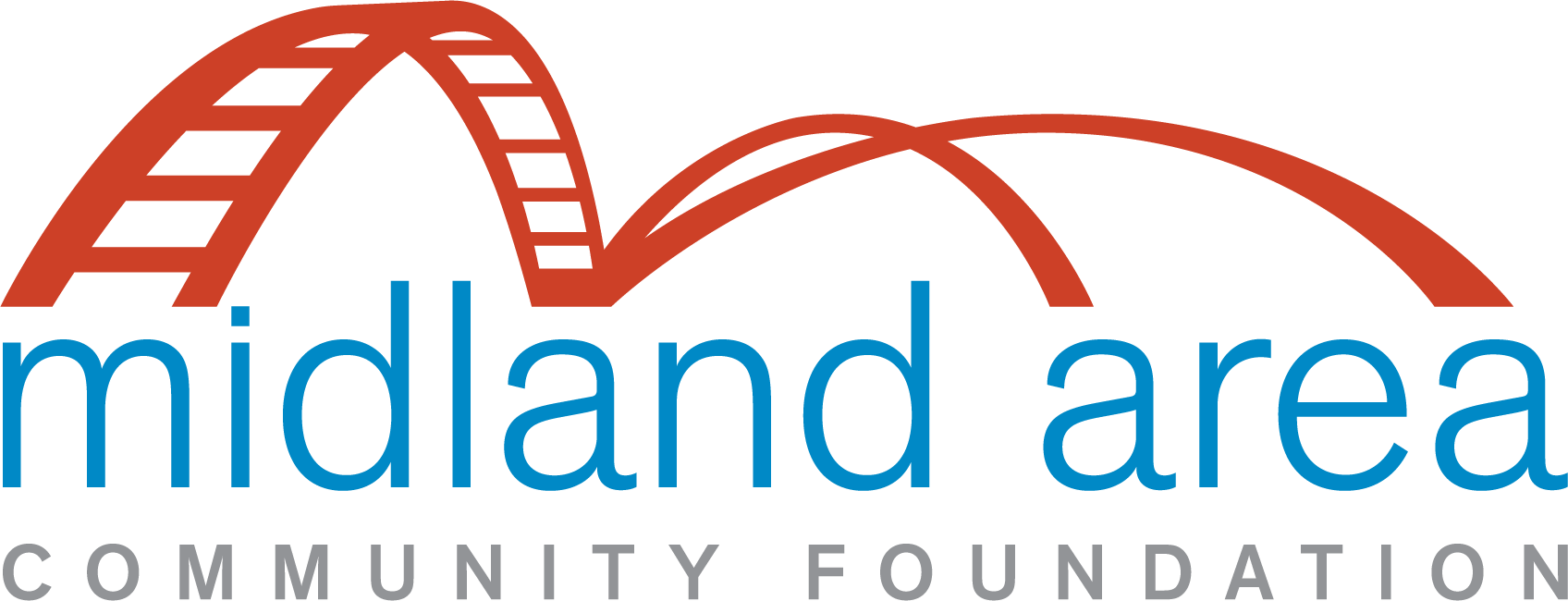
The newest episode of the Midland-based podcast, The Visibility Project, shares the stories of two Midland women born in South Korea and China, respectively, who now live and work in Midland.
Sue Williams, a social worker, came to the U.S. from South Korea at age eight and was adopted by a white family in a small Midwestern town similar to Midland. Joy Yang Jiao relocated to the U.S. in 2007 for graduate studies at Miami University in Ohio and then to Champaign-Urbana in Illinois for a doctorate in media studies. Ms. Jiao teaches at Northwood University and volunteers for many Midland-area organizations.
In a wide-ranging conversation with host Jeremiah Lee, they talk about what it is like to be Asian and American in our community. They touch on cultural identity issues, international adoption, and the anti-Asian sentiment that came to the forefront with the COVID-19 pandemic. This latest episode of The Visibility Project, titled “Two Stories, One Race,” dives deep into the lack of appropriate representation of Asian culture in the media. “In blockbuster movies, Asians are either invisible or visible with exaggerated stereotypes, such as a kung-fu master or a hypersexualized woman who serves as arm-candy,” Ms. Jiao said. She points out that the racism that Asians and Asian Americans face is often invisible and frequently dismissed as less damaging than other forms of bias.
Ms. Williams, who holds a Masters in Social Work from Michigan State University, discusses the culture shock she experienced when moving to the United States from a South Korean orphanage at a young age. “I did not see many people who looked like me [in my American hometown],” she said. “As an adult, I developed an innate need to learn about my South Korean heritage. Cooking Korean food has become an important way to learn about my culture and origins.”
Ms. Williams goes on to say that as an Asian and an adoptee, she had to figure out who she was and how she related to her cultural and racial identity. She explains how as an 8-year-old, she did not want to leave her own country (South Korea) despite her experiences in what she describes as a truly terrible orphanage. Today she is very proud of her South Korean heritage but still healing from the trauma of her orphanage years.
Ms. Jiao, who came to the U.S. as an adult, did not experience the challenges Ms. Williams faced as an adopted child in a primarily white community. However, coming to the Midwest was still a huge culture shock. Ms. Jiao says, “Coming from a medium-sized city in China, which is actually like the size of Chicago, and then living in a small Midwestern town – the shock was huge. There was no bus; I had to walk a long way carrying my groceries. Plus, in rural America, there is nobody that looks like you. It was a big adjustment.”
Both women agree that Midland is a unique community and is more internationally diverse than many similar-sized towns. While the uniqueness of being Asian stands out in Midland, it is also a place that often embraces and nurtures cultural differences, making it a community full of possibilities and inclusion.
This episode of The Visibility Project was released in January. To listen to more of the conversation with Joy Yang Jiao and Sue Williams, go to https://www.midlandfoundation.org/thevisibilityproject/ or search for The Visibility Project wherever you get your podcasts.
The Visibility Project is an initiative of the Midland Area Community Foundation’s Cultural Awareness Coalition. The Visibility Project is a storytelling podcast to create a more connected, empathetic, and inclusive community by listening to and learning from individuals whose stories are too often unheard.

